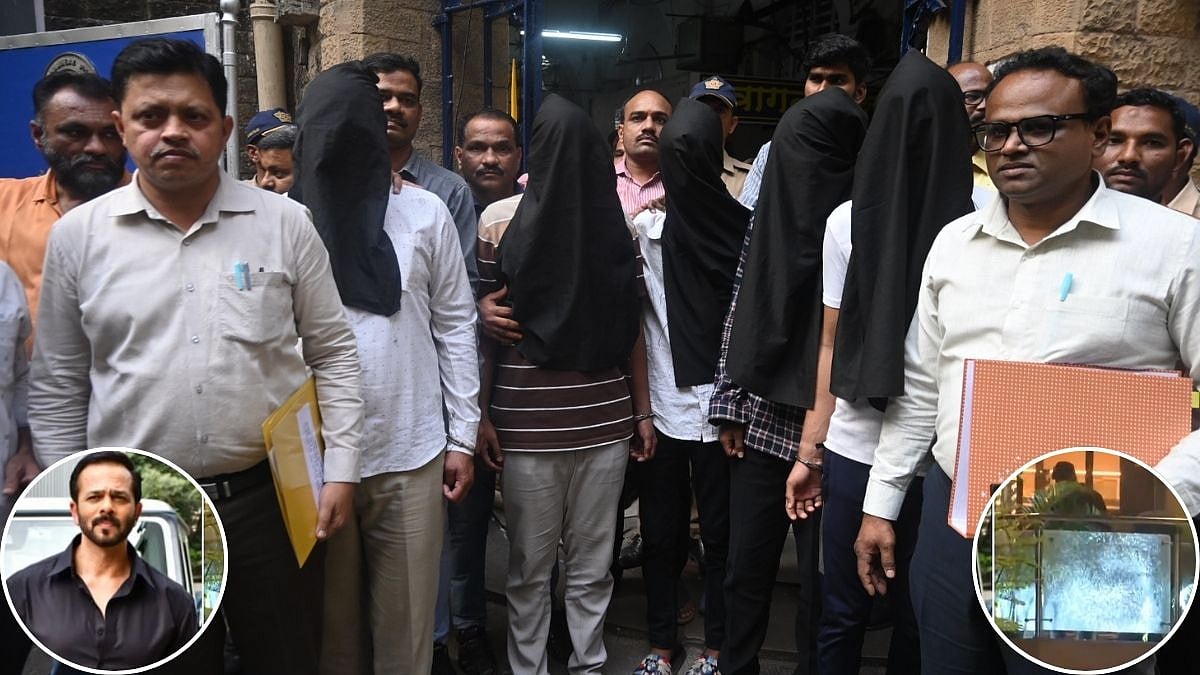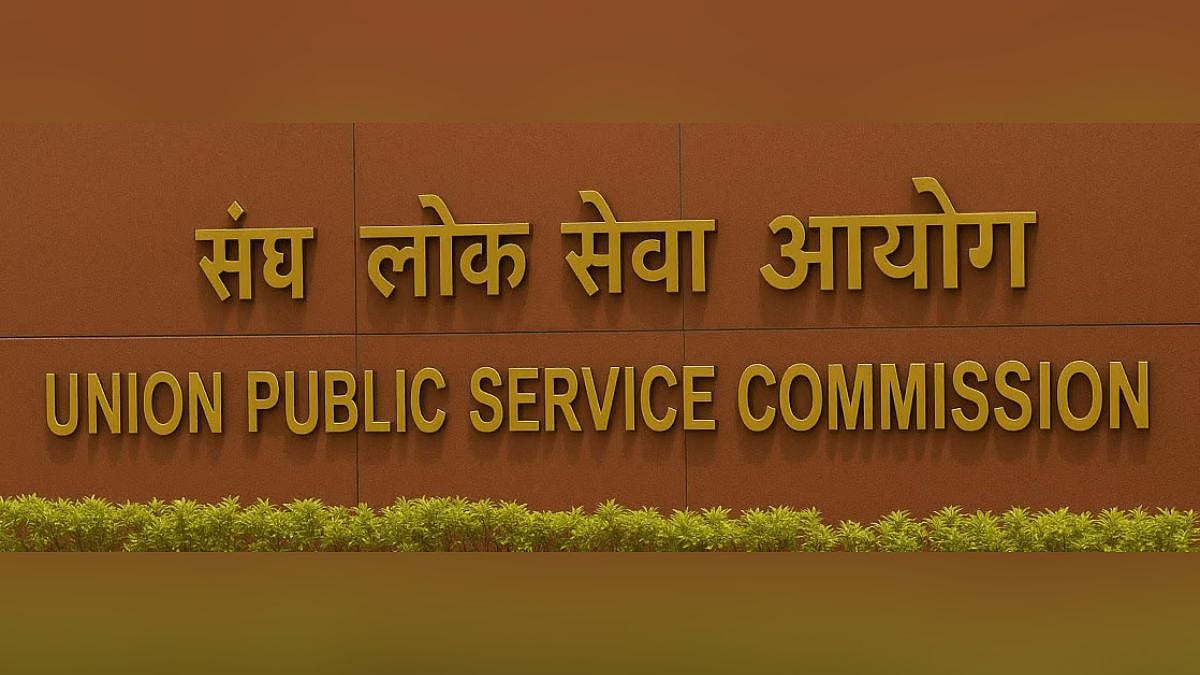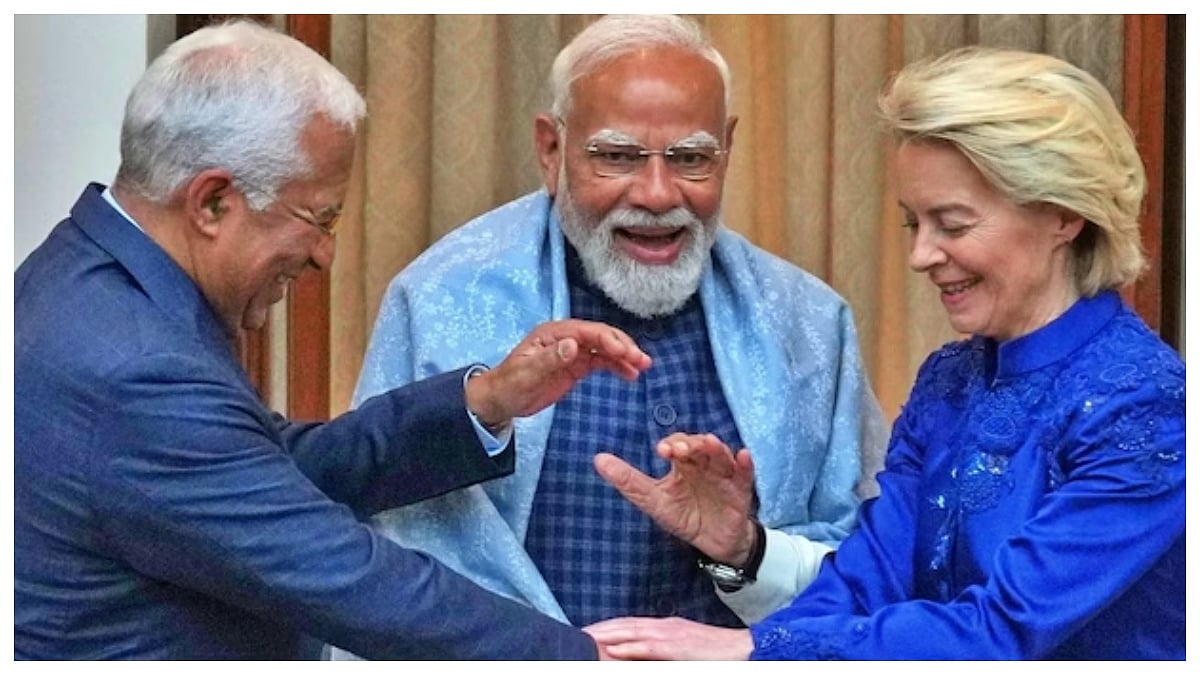It is so rare for a family — particularly a poor rural one—to support a daughter who has been raped, that Nisha Pahuja made a documentary on the subject and her film, To Kill A Tiger, was nominated for an Oscar this year. It did not win, but that does not in any way take away from her achievement. It is a disturbing but also moving and inspiring film about a girl’s courage and her father’s fight for justice.
The film, which started out being a documentary about a women’s rights group, shifted focus to this one unique story. It is customary to blur the face of the survivor, but after seeing the footage, the girl agreed to let her face be seen. The filmmakers changed her name, however, and also requested that her image not be used outside the viewing of the film. It does seem exploitative, but the presence of Kiran also adds power to the narrative of how society perceives a rape and tends to punish the victim of the crime.
When Kiran is first seen, she is humming and tying her hair with ribbons with bows made to look like flowers. Straightaway she challenges how popular culture and those commercial films — about fathers and brothers violently avenging rapes — portrays rape survivors as permanently traumatised tragic figures who have lost their “izzat”. Kiran has suffered, but she also tries to live as normally as circumstances allow; she goes to school even when nobody speaks to her. She is seen painting her nails and also doing household chores, because she barely steps out of the house.
This is a village in Jharkhand, the kind of place where the law is flexible, the kind of place where women are burnt as witches and nobody seems to care. Certainly not the kind of place where a girl would dare to report a rape, and where her father would help take it all the way to court.
Ranjit does not look like a hero — he is a skinny man of medium height, whose face is prematurely etched with lines of worry. But his eyes are honest and determined, and his love for his family is his driving force.
Thirteen-year-old Kiran had gone to a family wedding, and somehow she remained behind when all the other guests had left. She must have felt safe because one of the three boys she was dancing with was her cousin. They dragged her to a secluded place, raped her, beat up her so badly that she had severe internal injuries, and left after warning her not to tell anyone. The rapists were men from their own community; had the perpetrators been from an upper caste, the story might have played out quite differently.
When she does not come home for hours, her parents are worried. When she returns, and tells them what happened, Ranjit files a police complaint and all the medical processes are followed, which must have been terrifying for the child. The father, with touching simplicity, says that everyday he used to tell Kiran to come home on time, that day he neglected to;he berates himself for what happened to his daughter. “I could not protect her,” he says repeatedly. The family gets the support of Srijan Foundation, an NGO that works for women’s rights. Without their backing, Ranjit and Kiran might just have buckled under pressure.
The villagers are hostile, Ranjit is ostracised, because his following the legal route brought dishonour to the village. The panchayat and the mukhiya push for a compromise — Kiran should be married to one of the boys. That would save her honour and keep peace in the village. The attitude is “what is done is done; ladke hain, ho gaya, why send them to jail?”
Almost everybody, even a ward officer, who is mildly sympathetic towards Ranjit, blames Kiran. Why was she out with those boys late at night? The women of the village are of the same opinion, none has a shred of compassion for the young girl. At one point Kiran wonders if she was a fool, or why would they target her? The NGO worker has to convice her that none of it is her fault; the boys who raped her should feel ashamed, she has no reason to be.
Ranjit does not wear a saint’s halo — he drinks, plays cards, and skips a couple of court dates. The social pressure and the financial burden starts to tell on him. There are threats to kill him and his family and he knows if they are attacked nobody will come to their aid. Court dates mean trips to Ranchi, missing out on work and leaving the home unguarded. He toils alone on his farm, and after the village turns against him, nobody would even offer to help. The mother is mostly silent, she has the house and other children to look after, but the one scene in which she does speak out, she is fiery. “Does our honour have no value?” she says, “If we don't stand up for ourselves, they will always push us around.”
There has been some progress in the state notorious for its backwardness. The defence lawyer of the culprits is a woman, who admits that if she had known they were guilty, she would not have taken the case. But she also blames the girl for being alone with the boys. “Don’t forget you are a girl. This is Jharkhand, not foreign.” In such a situation, she says, she would not even trust her own son.
Everybody repeatedly says that Ranjit should have accepted the compromise offer of marriage. “Who will marry her now? Nobody is bigger than society, and one has to live in this society." Even the staunchly supportive father uses the work “kalank”.
Ranjit’s faith in the law seems naïve. The investigating officer — either deliberately or out of ignorance and apathy — does a shoddy job of gathering evidence. The overburdened public prosecutor says he has 400-500 pending cases. It was probably media interest, involvement of the NGO and the film’s crew that made him fast-track Kiran’s case. The ward officer wonders what Kiran’s life will be like, even if the rapists are convicted. They will be out eventually, who will protect her? The NGO would have packed up and left.
Finally, the case rests on Kiran’s testimony. On the day of her appearance in court, she dresses up and applies makeup, but her statement given in court — just heard, not seen — is clear. One can only imagine a young girl facing cross-examination in a court full of strange men. But it is her detailed testimony that ends up in a conviction. This by itself if rare in India, where the number of convictions in rape cases is tragically low and worse, 90 per cent rapes go unreported. This trial took just 18 months, which is unprecedented (the film took eight years to make). The positive impact of the case was that the number of victims in that region, coming forward to report rapes has doubled.
The film gets its title from Ranjit, saying after the court victory, that somebody told him, “You can’t kill a tiger by yourself,” And he replied. “I will show you how to kill a tiger by yourself... and I did.”
The one who will probably have to fight tigers all her life is Kiran, who is continuing her education and, not surprisingly, wants to become a police officer.
Deepa Gahlot is a Mumbai-based columnist, critic and author









